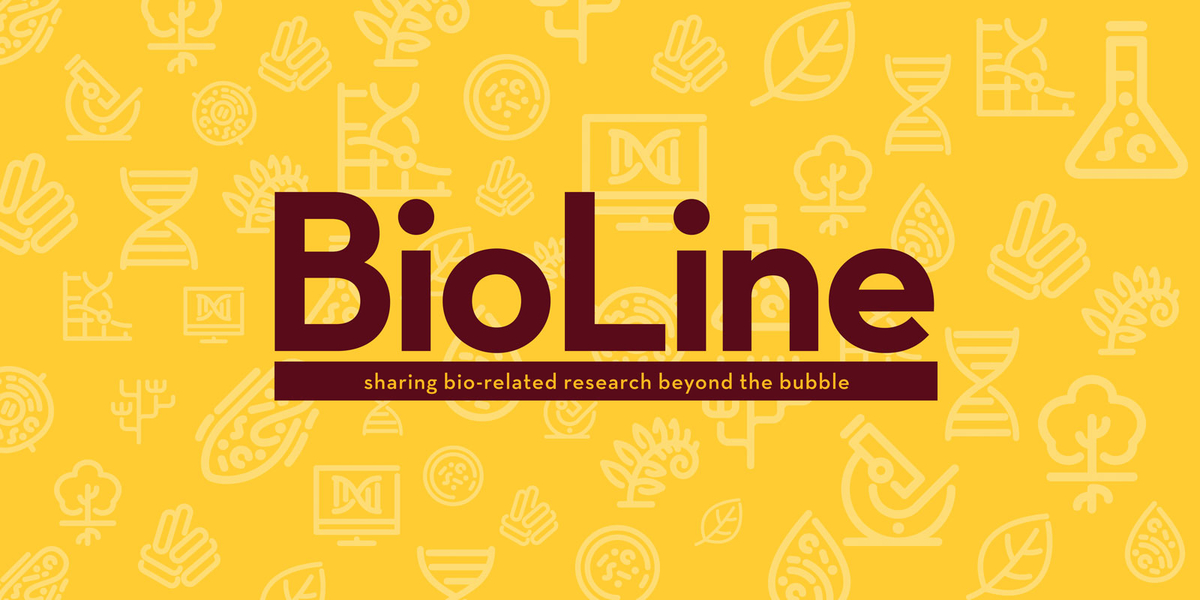
At 4:30 in the morning, my tiny computer screen and office space radiated light in an otherwise dark Yellowstone wilderness. Normally at this hour, I would be walking around like a zombie getting ready to watch wolves, or maybe sleeping in my cozy bed if it was a desk day. But today is different. Today, I’m wired.
I frantically move from slide to slide on my computer screen, reciting all the words I need to say — lingering over every font and color in my presentation. Suddenly, the clock spins out of control. The moment I dreaded all summer was only hours away.
An outsider looking in might mistake today as just another boring old meeting. And I’m sure everyone attending would probably agree. But to me, everything is at stake. I am giving an “informal” defense of my graduate thesis proposal, meaning I will spend around three hours in a conference room presenting my research ideas to many of the brightest minds working in Yellowstone. Some of these minds have been thinking about Yellowstone since before I was born.
My four years working in Yellowstone feels pitiful in comparison. And up until recently, I was just the grunt on the ground who tracked wolves and cougars and searched for animals that they killed. I didn’t spend that time running complex analyses or publishing mountains of peer-reviewed papers. What could I possibly say to them that they didn’t already know? What new ideas could I offer up that they hadn’t thought of ages ago?
Maybe I could just tell everyone I got food poisoning. No, it was too late for that — some people had already started their hour-and-a-half drive to the park.
I set up my presentation on the monitors of a conference room that felt bigger than any I had ever been in before and waited for everyone to show up. For the gazillionth time, I ran through all the questions I might get asked — all the points where people might stop me and tell me how awful my ideas were. Then, everyone flooded in and filled the empty chairs. It was go-time.
I talked and talked, fielded question after question, and waited for that inevitable moment I was so sure would come. Instead of tomatoes, would they throw their crumpled up notes at me while booing and walking out the door? Okay, maybe that is a bit melodramatic. But they could do something much worse. They could tell me how disappointed they are in me, how they don’t think any of my ideas will work — that I should just give up and start over.
But that moment never came. Instead, I finished my presentation and people clapped — complimenting me on how well I understood the system and how deeply I had thought about my project. A few even said it was more complex than it needed to be, and offered ways to make it simpler. I was stunned. I never imagined it would actually go well.
For graduate students, imposter syndrome might as well be a program requirement. And while some may struggle with it more than others or cope in different ways, at the end of the day, we all deal with it. Graduate school is daunting — the expectations, the workload, the uncertainty — especially experiencing it all for the first time and during a pandemic, nonetheless. I spend a lot of time feeling inadequate, like I will never have the skills or knowledge I need to answer burning questions that seem just out of my reach. That is why graduate school is so scary — because we are becoming experts, because we are pushing the boundaries and going places people haven’t gone before. It is an uncomfortable feeling.
Many days I am still overwhelmed by research and resort to side projects or coursework. Probably because there is safety in what you know, and fear in what you don’t yet understand. When I’m struggling, I think back to this day, where for a moment I felt on top of the world. It showed me that, even though I don’t feel like it, I am an expert in my field. Just like every other graduate student is an expert in theirs. —Jack Rabe